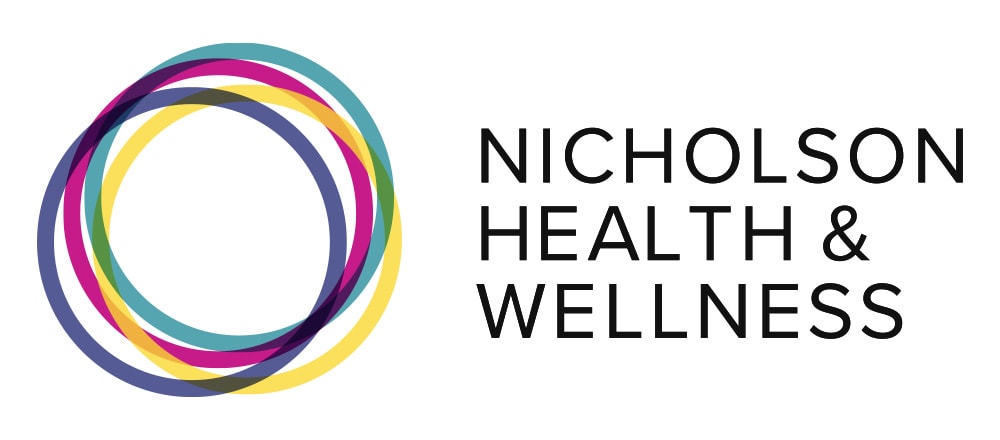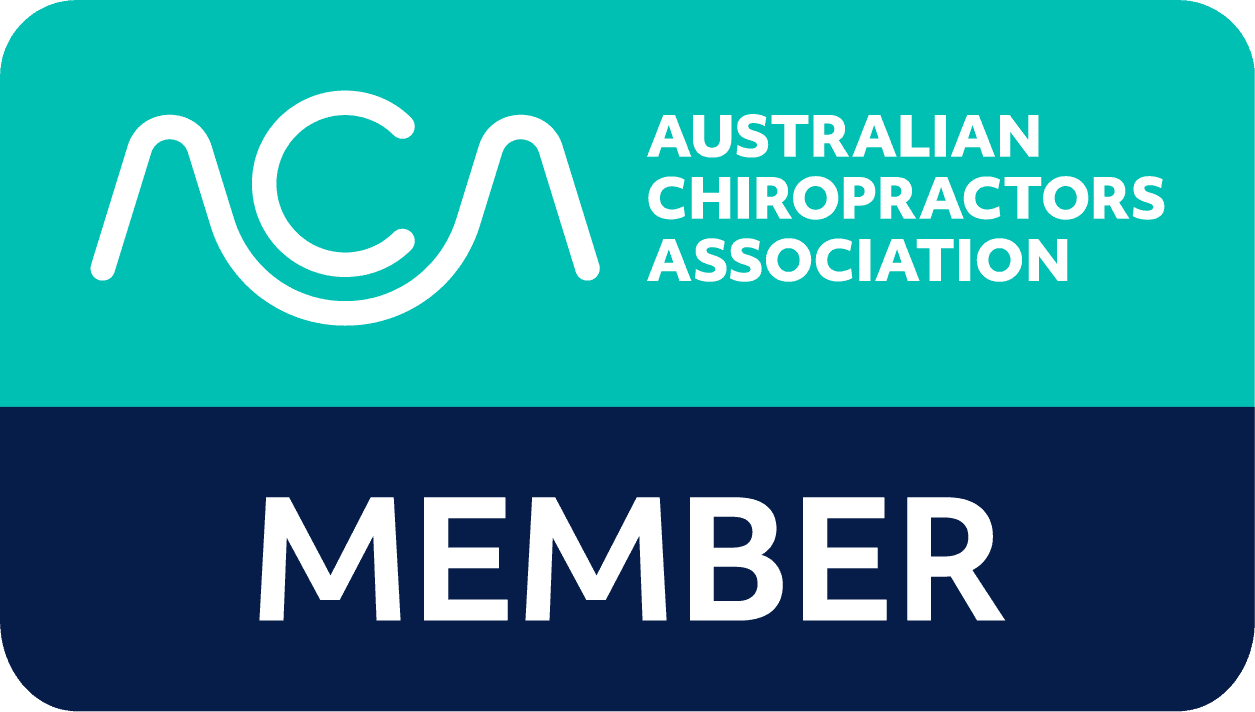Meet our Dedicated Dietitian, Jess:
After setting out to study Nutrition, Jess went on to do her Masters in Dietetics; not completely sure if it was the right path for her, but now, many years later, Jess joined me for an interview to let me in on just why it turned out to be the best career decision she made.
Read on to see why this wise and wonderful lady says that dietetics, weight loss and feeling well is so much more than just the food you eat!
What inspired you to study Dietetics?
I actually set out to study nutrition; I’d always had an interest in health. But also, there were a lot of health concerns that seemed to run in my family.
So I think when you’re young and you see people you love deteriorate, it’s a tough thing to watch – it really makes you want to do something about it. And that for me was to go into health, nutrition and dietetics. I also liked and was interested in food, so it all fit together quite nicely!
What do you love most about your job?
I get to help people who come to me in quite a confused state, and it makes it all the better as I can relate because I was once just as confused!
I love seeing the results, the real joy that comes from a positive change in lifestyle. That even simple food changes, like getting rid of processed foods, for example, can bring on such a change in how a person feels is so magnificent.
Usually, even after about a month of making a change like the above processed foods, there’s a noticeable change in the person; even if it’s not strictly weight, things like mood, sleep or energy are helped in the process. And it’s so lovely to be a part of.
Who or what inspires your work and the need to keep learning?
The current nutrition guidelines. I didn’t completely understand it and to be honest, found it a little conflicting. I definitely understand what it represents as a whole, but I see inaccuracies in it.
I see it as my job to use the guidelines with everything I’ve learnt as a strong foundation in tailoring a structure/ diet that works best for each individual patient, sometimes taking a slightly alternative approach if it is more suited to individual needs (i.e. I wouldn’t treat an athlete with the same structure as I’d use for, say, someone with a chronic disease).
Since the holiday season is upon us, what keeps you motivated to continue to eat well?
Something that I ask all of my patients is “what is your definition of eating well?”
I think that’s the most important tool in answering this question for us all. I, for example, have severe insulin resistance so I restrict carbohydrates and that’s what makes me feel well; that’s my definition. So I say, know your definition and eat to make you feel well.
In this scenario, if it won’t make you feel unwell afterwards, eat your Christmas cake. Just be mindful to not use the holiday season as a reason to load up if you feel you’ve been on a diet of deprivation for the whole year!
As long as you know, and really understand the core of why you’re doing what you’re doing, eat in a way that makes you feel well and happy.
Following on from this, why do you think weight loss can be difficult for some people? Is it more than just eating the “right” foods? What’s your experience with this?
Weight loss is a lot more than just eating the right foods, and again, the right foods for one person is very different to the right for another.
In my experience, the biggest barriers to losing weight for most people are hormonal imbalances and stress. Usually, once we address these things by way of targeting a diet that tries to alleviate some stress, and making certain food/diet changes to help our hormones, that often is the right structure/ diet.
So, weight to me is a symptom of what’s going on metabolically and physiologically and I think once those things are dealt with, weight loss happens much more naturally, and it isn’t such a battle anymore.
Lastly, but just as importantly, I think a major key to weight loss is being at peace with where you are at the beginning, and then at every stage along the way. I know it might sound a bit strange, but I always say to my patients – you’re here now, lets own what’s happening now! Let’s start thinking, why are we eating the way we’re eating? What is driving this? I find those “niggly” things are often the major drivers. Looking at these things first I think is much more helpful than the “how many servings of this are you having?” conversation.
What would you say to people who find it hard to stick to a diet change? Is it a diet or a lifestyle change?
I think, like I mentioned earlier, it comes down to understanding the purpose of your wanting to lose weight. What is a healthy diet for you? When you know you’re doing this for a purpose, then it slowly becomes a lifestyle and doesn’t feel like a strict list of “can’t eats”.
When the new lifestyle connects with my patients and it really makes sense to them, and they’re feeling better, happier, healthier – that’s when I see the change, and the want to commit. They naturally want to stay on and maintain that happier lifestyle – and why not?!
It’s how it makes you feel – that’s your biggest motivator.
And remember, it’s not all about restriction – eat foods that make you feel great, and when you want that slice of occasional cake, have it. Focus on what you can have and what works for you, there’s no ‘one size fits all’!
If there was one message you wanted the world to hear about your work, what would it be?
There are no guidelines to suite everyone. The more individuals I see, the more I realise that it’s never just about food. It’s so much more complex – stress, your past, your lifestyle, your culture; they all play a part in how our diets have been formed and what we feel like we want/ need.
It’s everything, altogether. I can help with your diet and correct nutritional deficiencies, but I believe in holistic nutrition. My healing is through food, but it is also physical and mental and emotional and it all really needs to work in conjunction with each other for the person to then make the diet into a lifestyle and get real, lasting results. That’s the goal, and it is why I love this career of mine.



